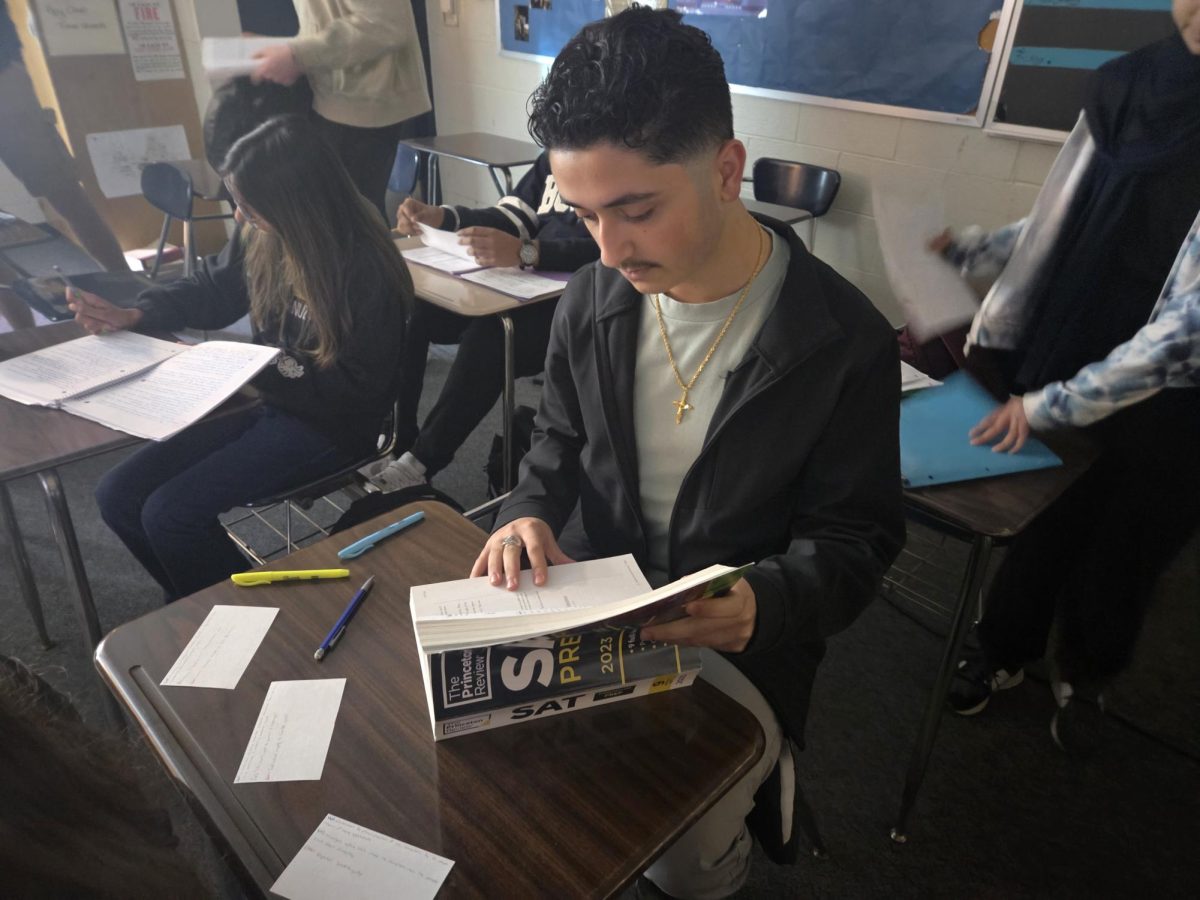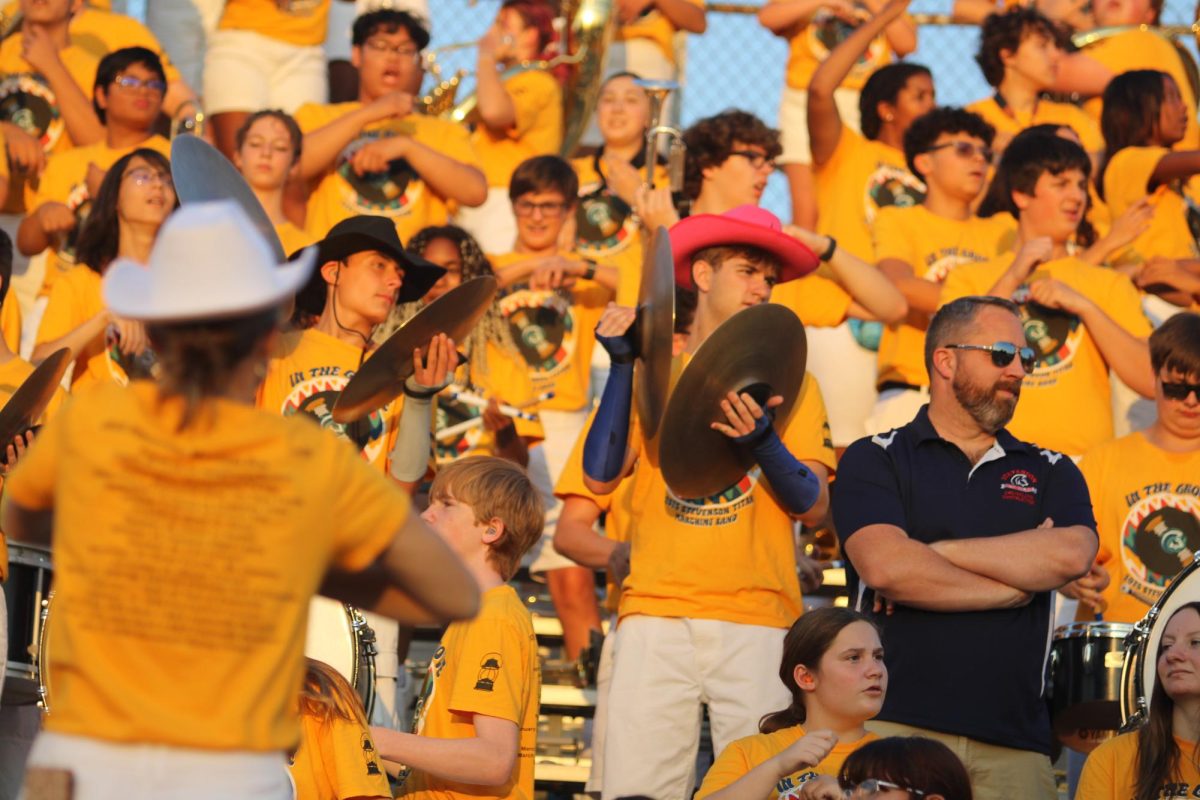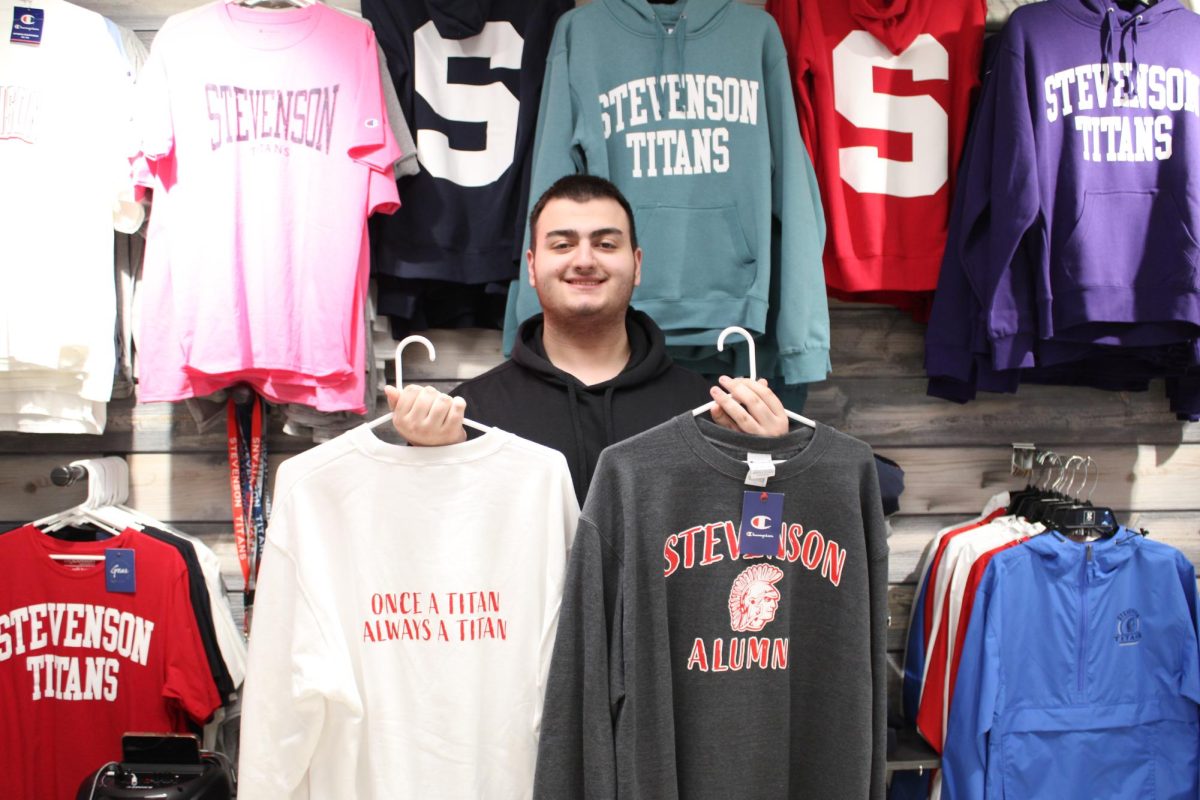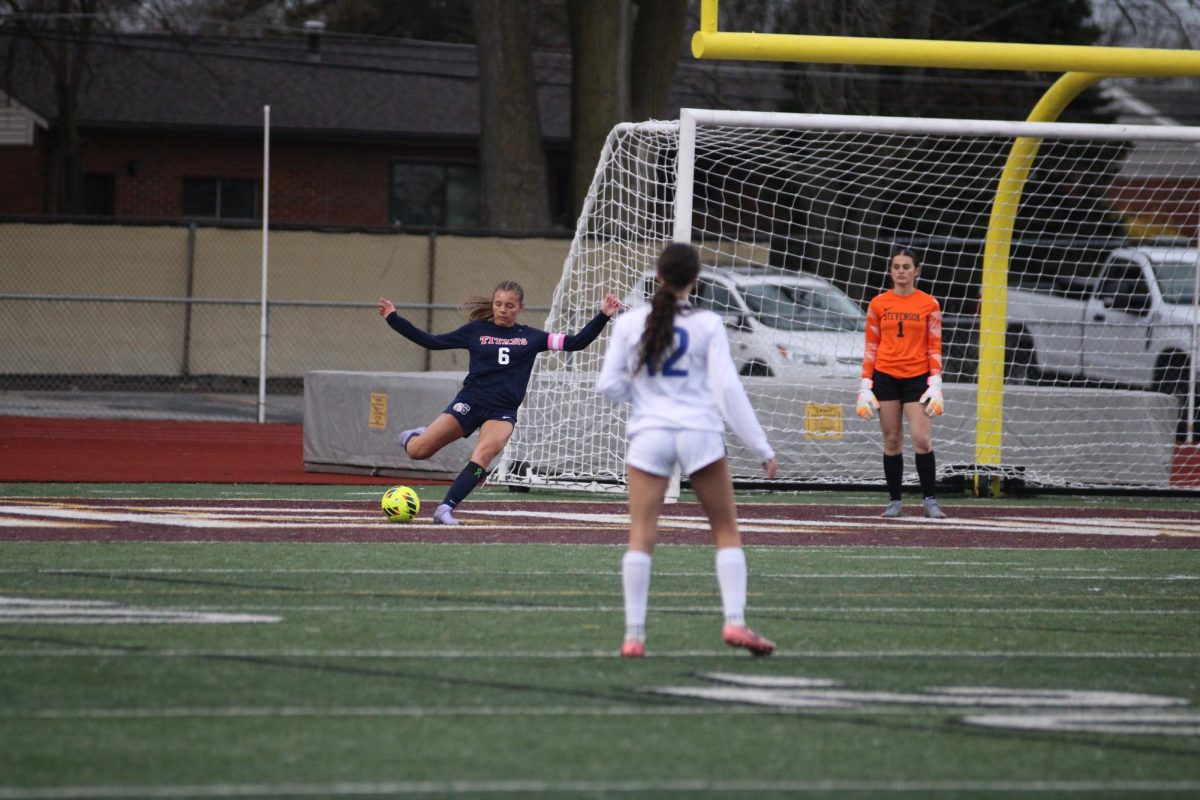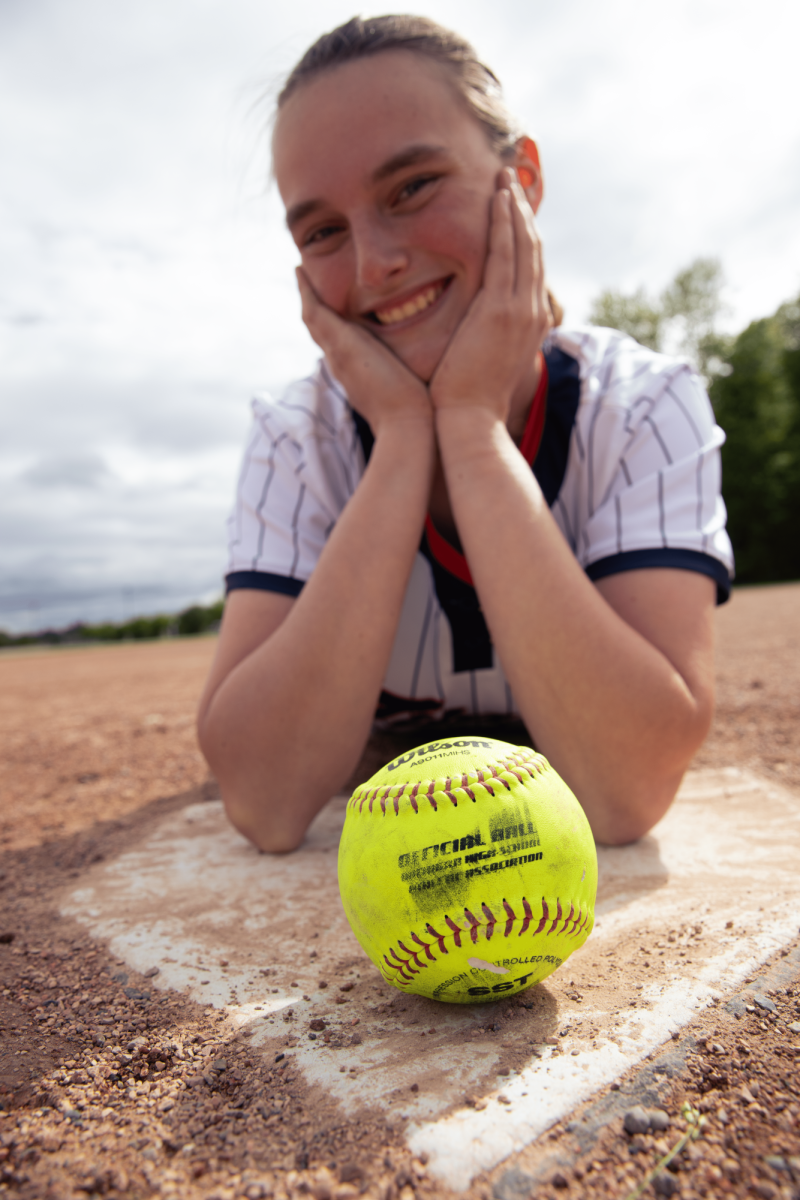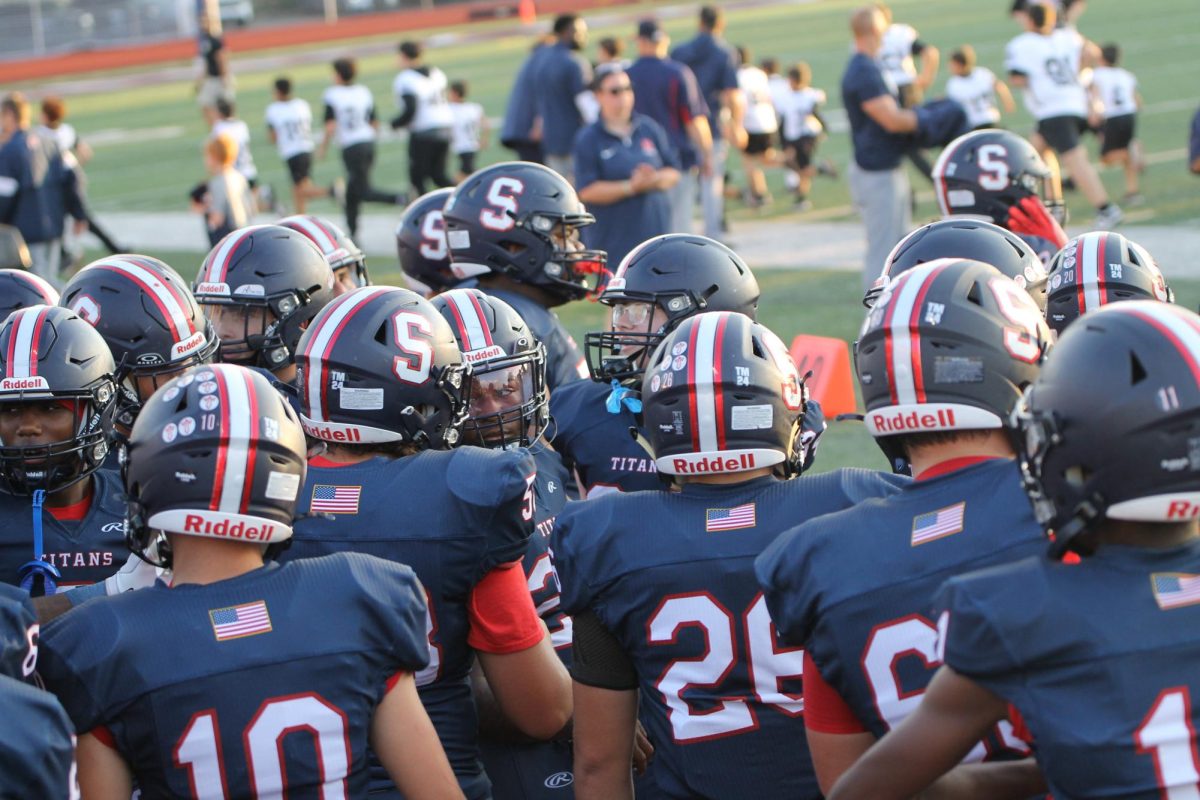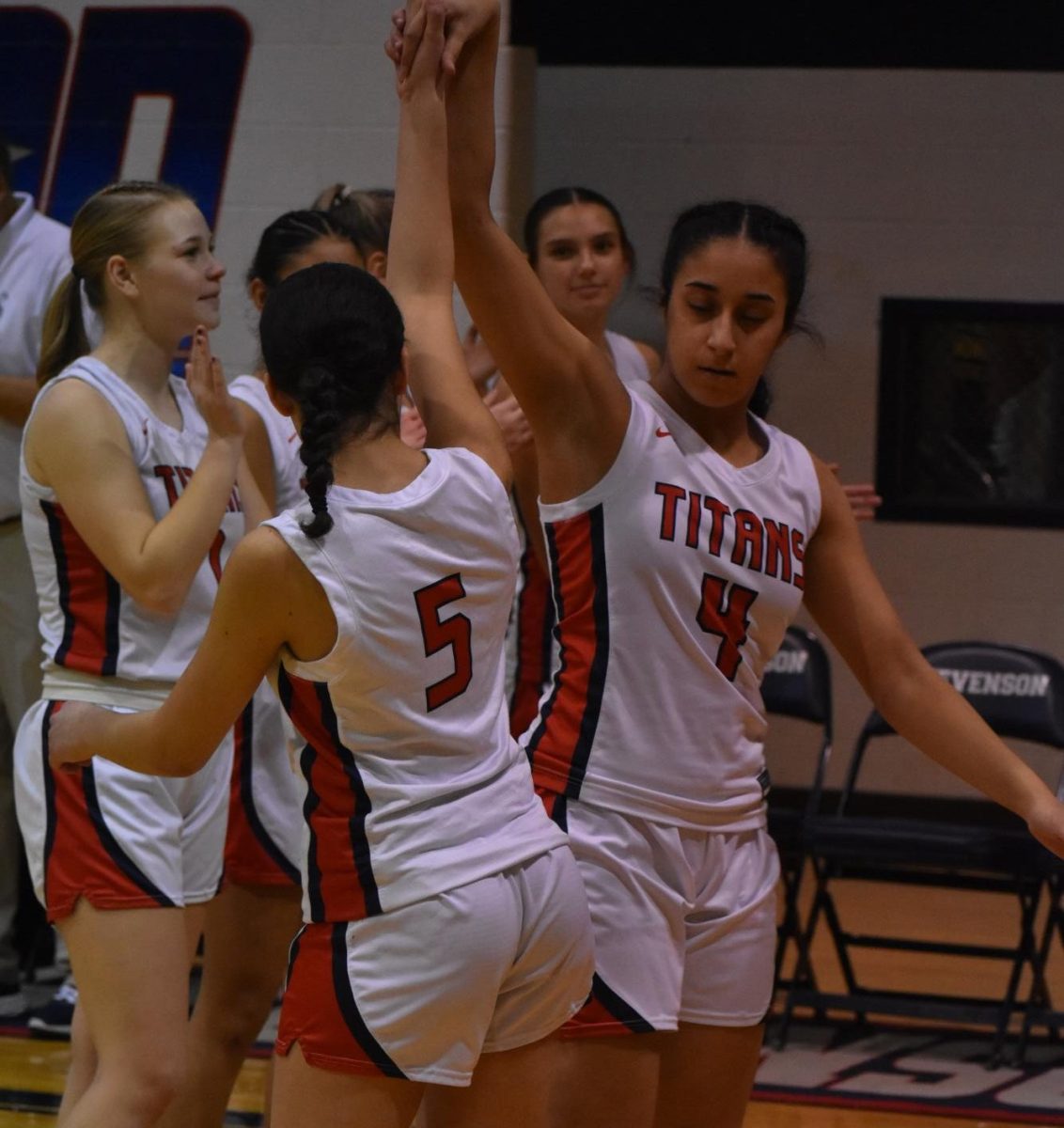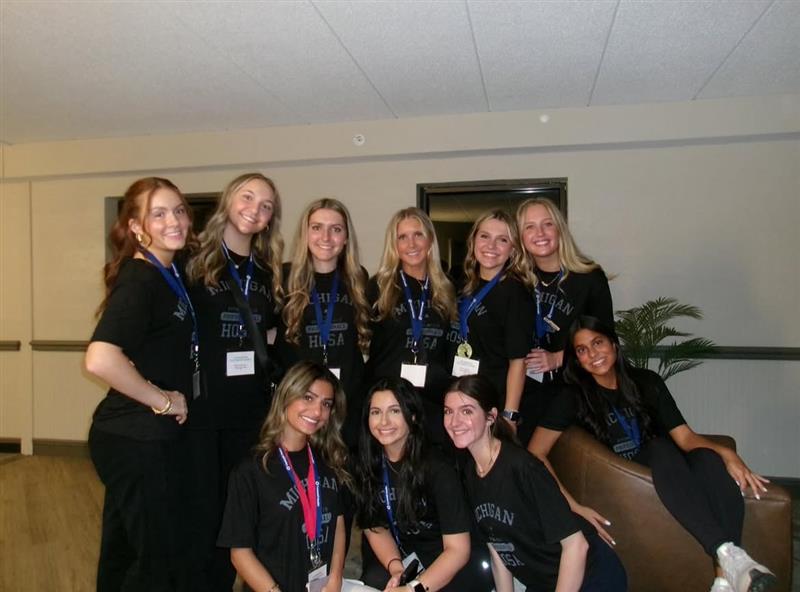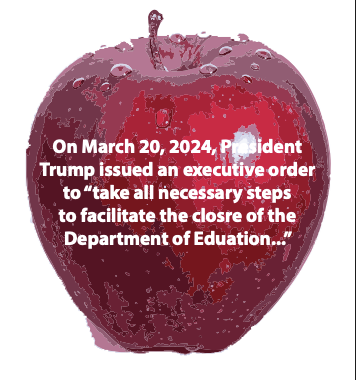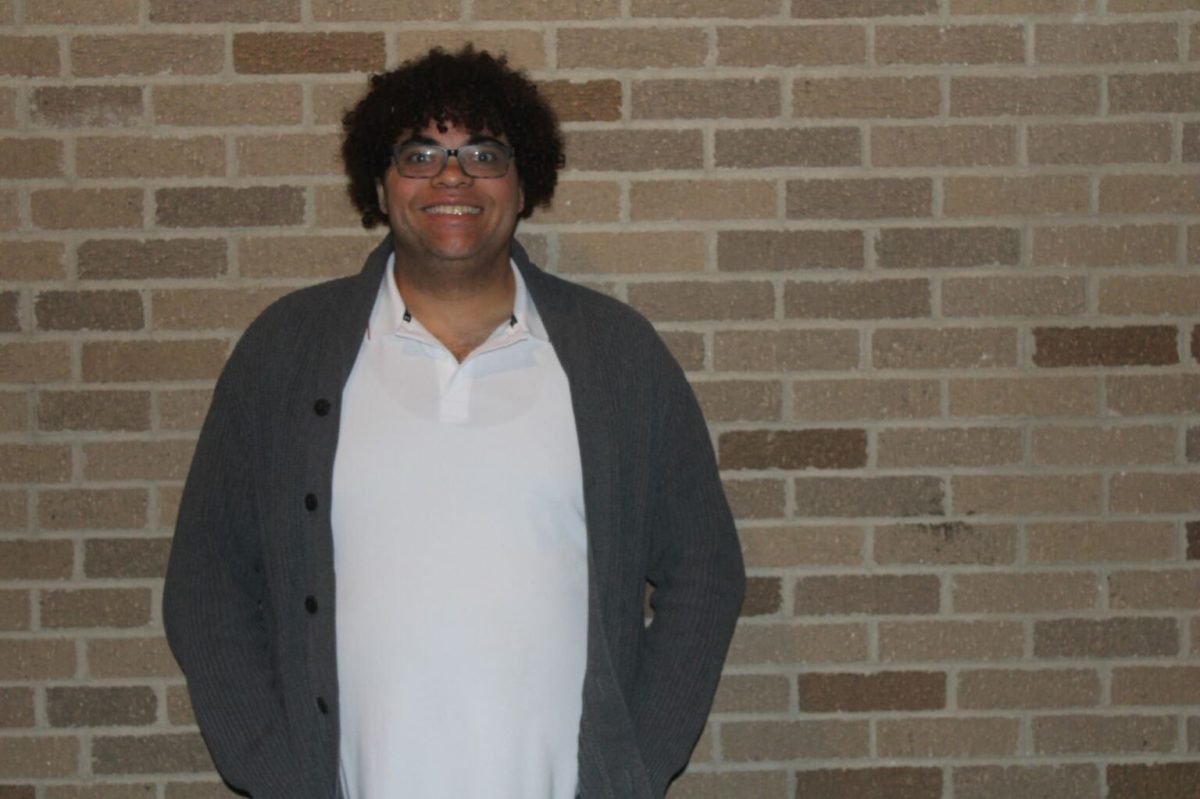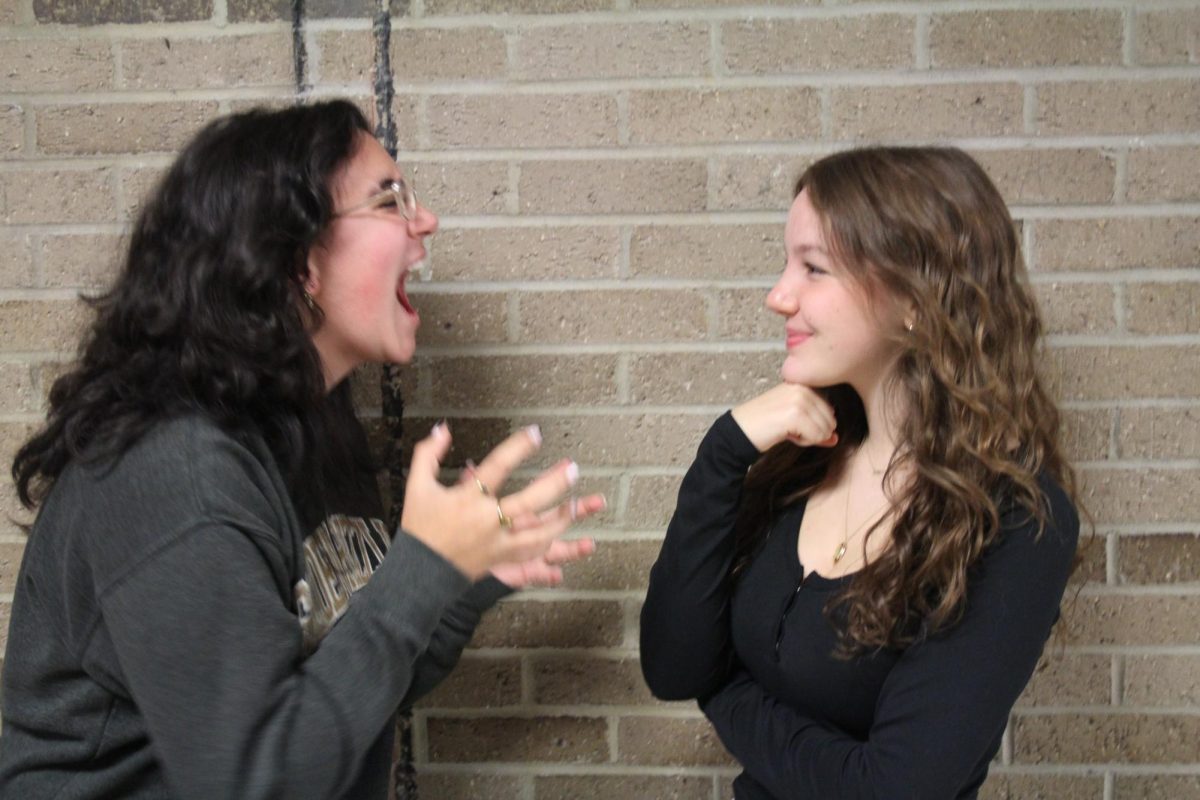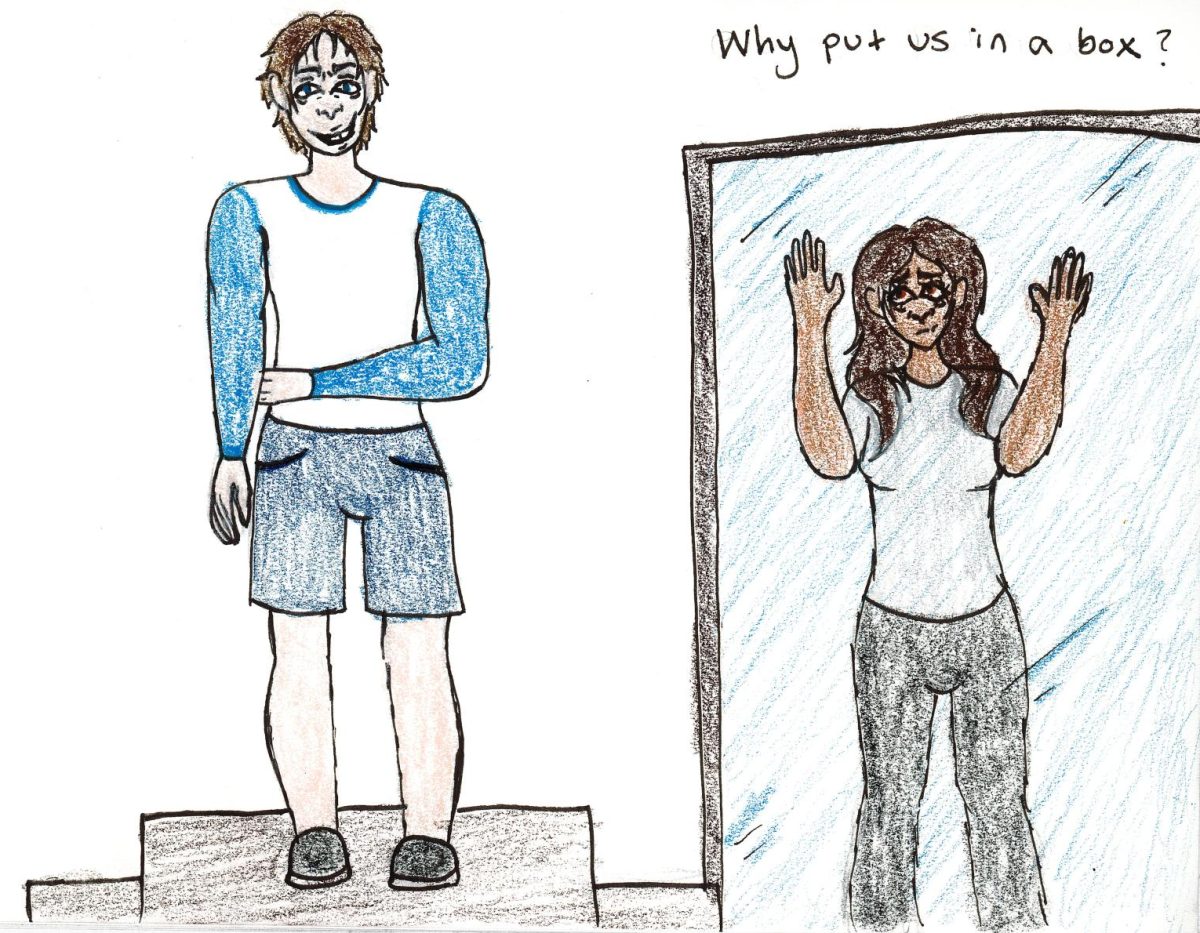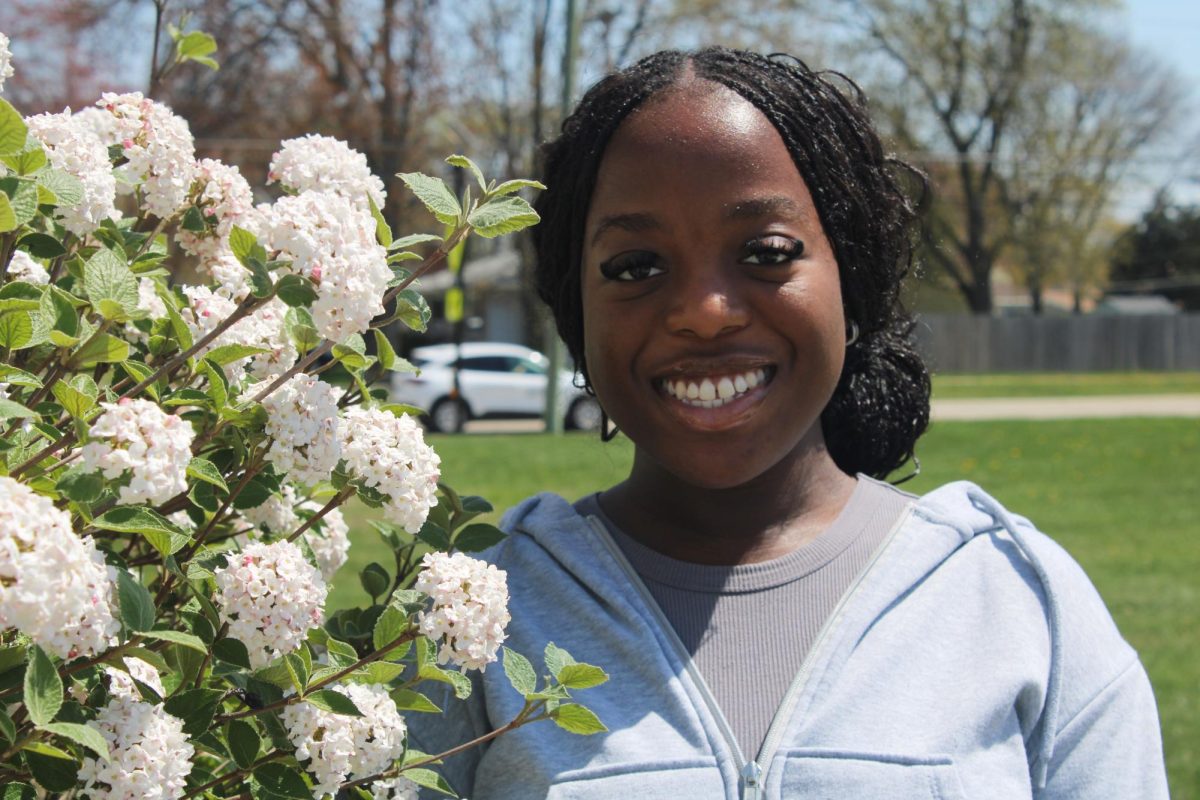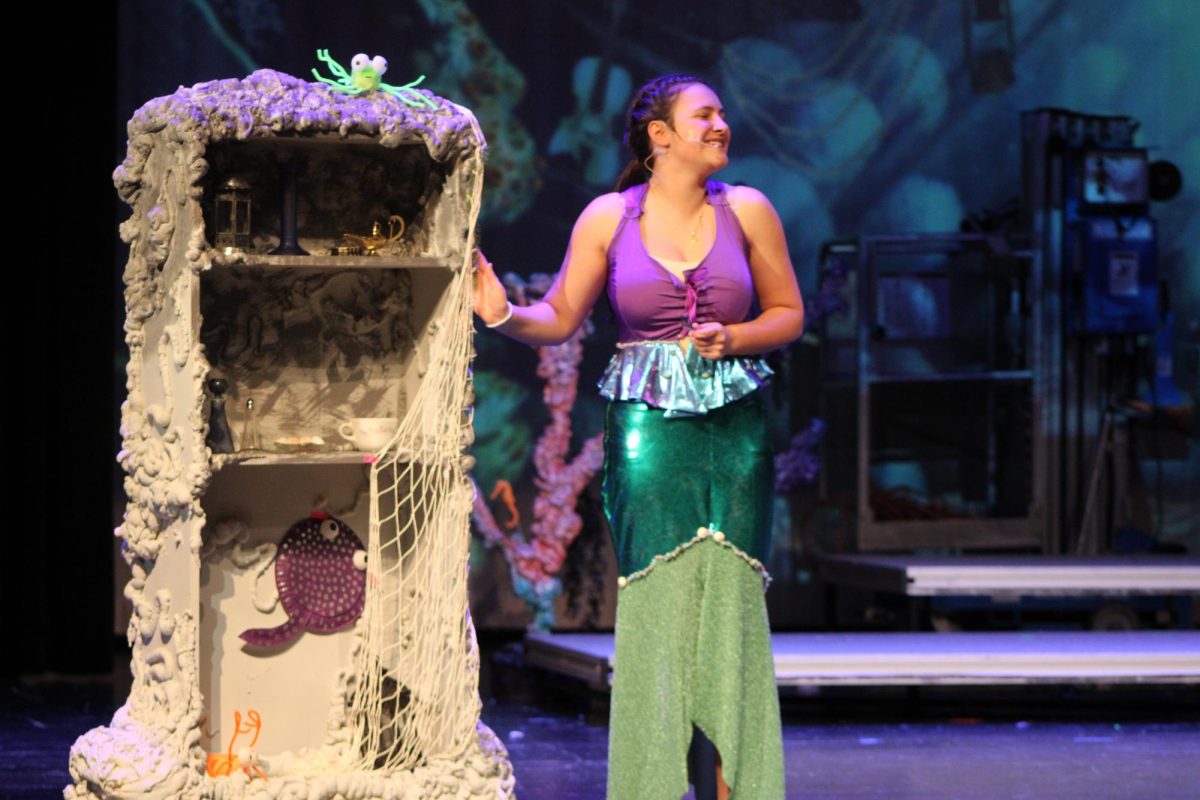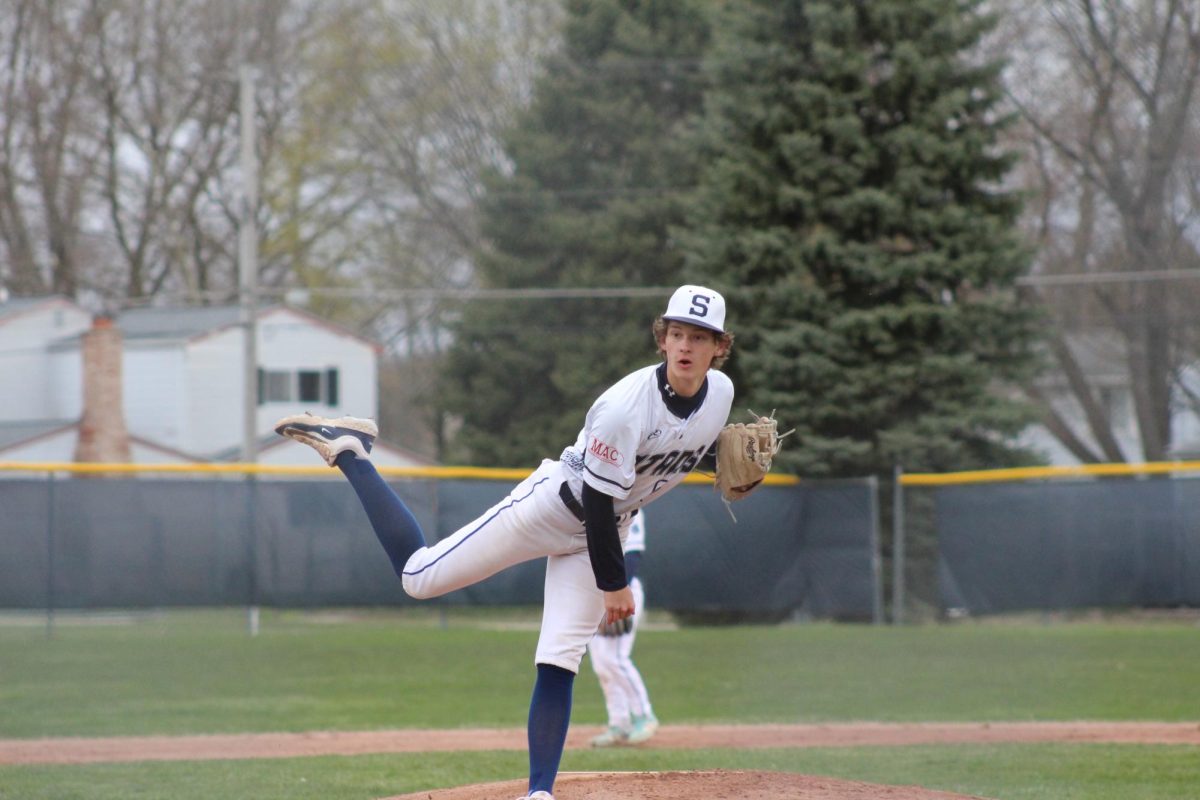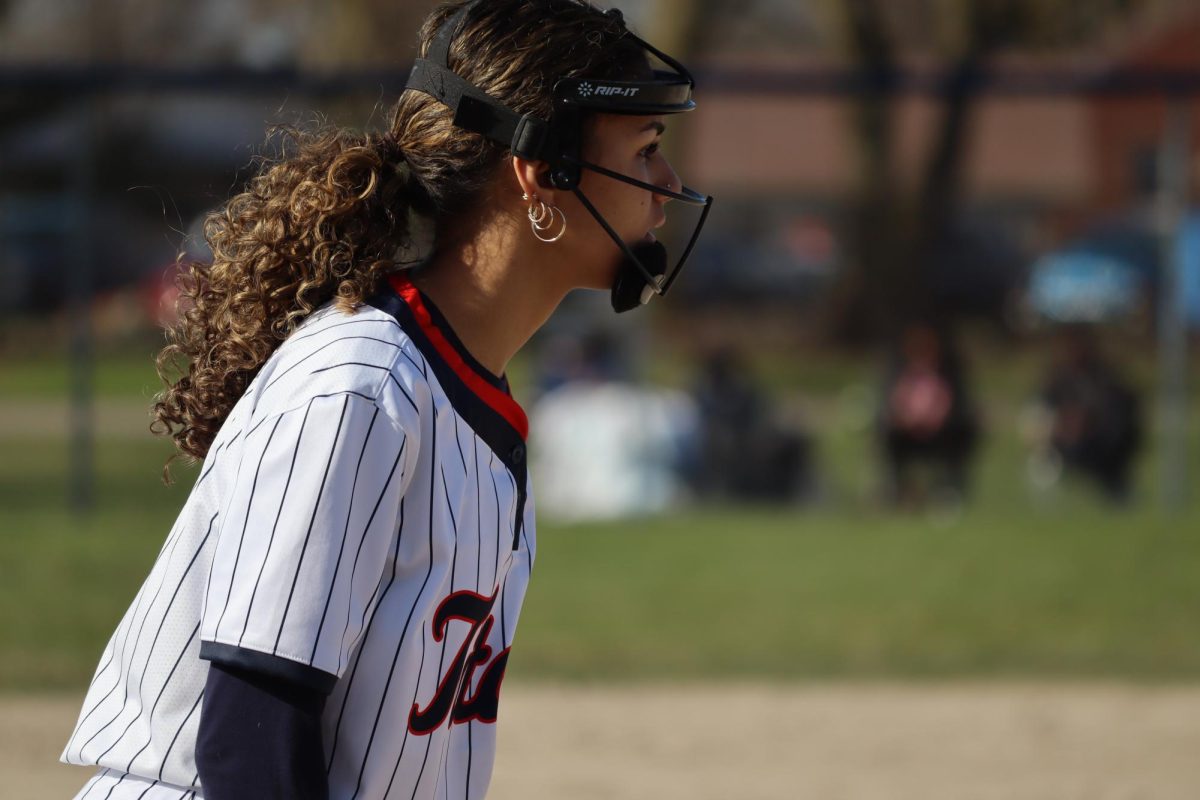Within the past 3 months, there has been a growing problem in Adlai E. Stevenson High School, gambling. Everywhere students look, there seems to be a group of people huddled against a wall dealing cards, throwing dice or exchanging money. Gambling has taken many parts of this school by storm, yet nobody can place exactly who started it.
Gambling is a prominent aspect of American culture. Entire cities are based solely sports betting and casinos and it’s hard to go 3 clicks on the Internet without seeing a Draft Kings or Fanduel advertisement, so it should not be a surprise that it would eventually reach the school system.
Dominic Hattar, ’25, has said he used to gamble every day in one of his hours.
“I started gambling at like, I’d say around a few weeks into school, and it just started with a few dollars and stuff,” Hattar said. “Every single day at my lunch table or wherever I look around, there’s usually a lot of people gambling.”
This experience is shared by many, including Leonidas Mooa, ’26, who shared he has also seen people gamble every day.
“Almost every day at school, I see people gamble, specifically in groups,” Mooa said. “I started when I brought in cards one day because I was bored, but I don’t gamble anymore because I stopped after I lost about $5. I am happy I stopped when I did before it got worse.”
Gambling can easily lead people down negative life paths full of addiction and poverty, like Psychology Teacher Kristen Khamis said.
“I think it’s a really scary thing, because it’s an addiction,” Khamis said. “It’s very dangerous, and it can lead to other addictions, and it’s scary in that students don’t have a lot of money, so if you’re working a job, it’s not like you’re making a ton of money and then you’re gambling it away.”
School Resource Officer Pawlik is worried about students being taken advantage of.
“But can it be something serious,” Pawlik said. “Yeah, because it sounds like, you know, one of the kids is ripping off other kids, you know, that kind of thing, you know. And then how this, how this is, you know, taking place. And I’m sure, you know, the administrators don’t want this to become a problem, you know, obviously it’s maybe, like an internal problem with the kids.”
Sports betting is another popular form of gambling at Stevenson. One student, Adriano Abdulmasieh, ’26, stated he has participated in sports-betting as well as seen other students’ sports-betting.
 “I think sports betting is really fun to do, especially when you put money on the games, they’re more entertaining along with watching with your friends,” Abdulmasieh said. “Betting your money on it is more exiting, like you know you want to watch the game more.”
“I think sports betting is really fun to do, especially when you put money on the games, they’re more entertaining along with watching with your friends,” Abdulmasieh said. “Betting your money on it is more exiting, like you know you want to watch the game more.”
Khamis also added that gambling can quickly become a sickness that attaches onto people.
“In this class, we learn about the dopamine reward center, and it’s like the high that you guys get when you have your phones and how you think you’re going to die,” Khamis said. “You act like you’re sick when you don’t touch your phone the first few minutes. Same thing with gambling.”
Principal Kenneth Cucchi of Adlai E. Stevenson stated how the kids who are most often to gamble are the ones most susceptible to gambling.
“So, it’s at your disposal, which is part of the problem,” Cucchi said. “Kids get addicted because of it. So, you win money, you know, you love it, and you lose money, you would chase again, you try to get back up to even or went to money. So, you know, sometimes you’re addicted to personality or not.”
Another student came forward with information about someone they said had made over $5000 from gambling.
“Yeah, yeah. I’ve seen records of people in [Student B’s] phone of the money [they have] won from people and the money [they have] lost to people,” Student A said. “So, I don’t remember specific names from it, but I have seen the records in [their] phone of [them]. [They have] told me, but I completely forgot what class [they] said it’s in.”
Pawlik said he has gathered information about gambling in the last few weeks.
“Depending on what the principal, the associate principals, want to do with it,” Pawlik said. “If there is actual gambling being done on their premises, obviously there will be school discipline. But whether or not there’ll be any legal discipline after that, or any kind of thing after that, that is to be determined, because that is that you need a victim to come forward.”
Student A has said Student B has discussed gambling profits with [them] multiple times.
“I would say that most of the records that I’ve seen in [their] phone, because in [their] notes app, and I would see,” Student A said. “I would say that most of the record, or most of like the stats on it, are [them] winning. So, it looks like [they] knows how to count cards. And so it looks like [they are] just winning money from people.”
When asked if Student B has tried to get [them] to gamble, Student A said [they have].
“[They have] tried to try to make me do very low hands in blackjack,” Student A said. “Rock, paper, scissors, you know $1 hands for that. Yeah, [they have] taught me how to count cards.”
When the Vanguard reached out to Student B for comment, Student B refused an interview.
Cucchi stated the school has a zero-tolerance policy on gambling involving money and how the discipline is a way to change behavior.
“So, our goal is not to punish,” Cucchi said. “Our goal is to change behavior. Yeah, so depends on who we’re talking to. Yeah, the goal is just to change the behavior. There’s a second time, then we progressive discipline, so it’s a one-day Saturday school, and it goes to three days or five days.”

